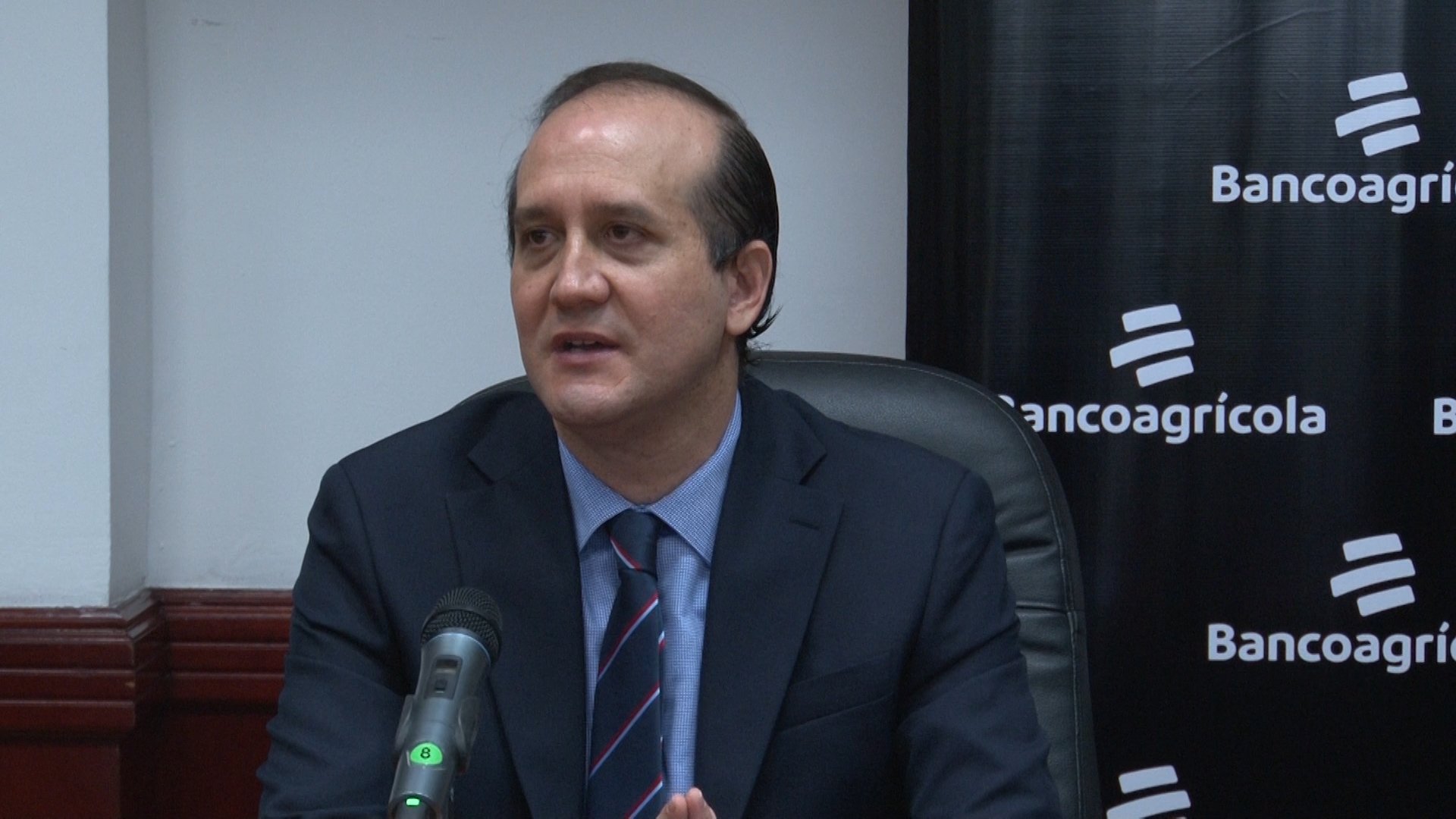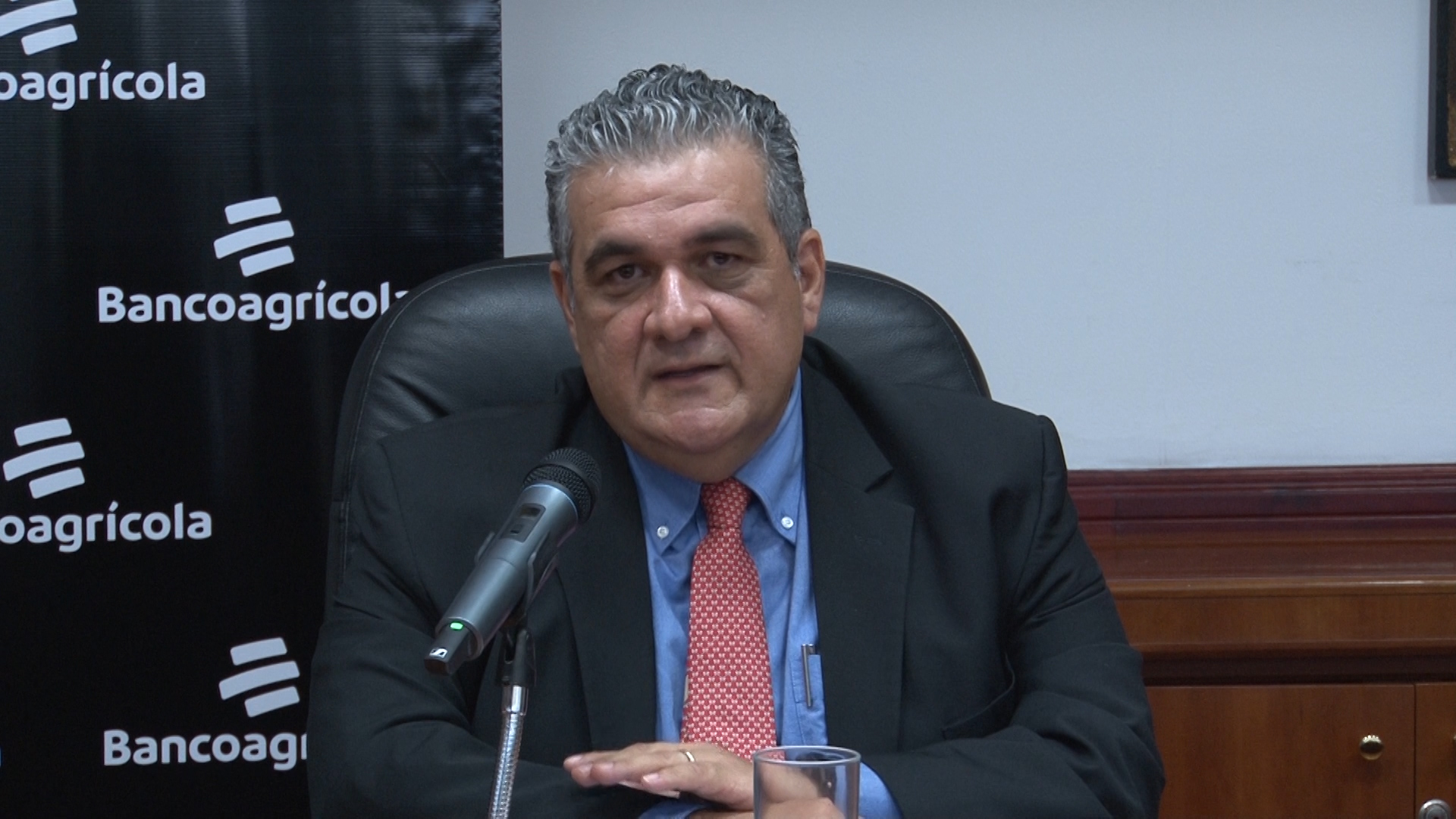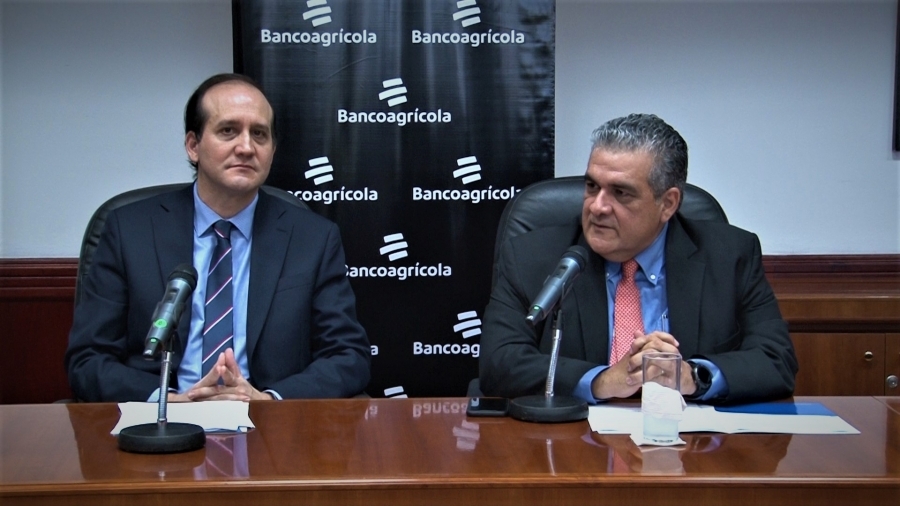In recent weeks, those responsible for these attacks have taken advantage of its customers; through emails, or WhatsApp messages, have circulated attachments with malicious viruses, links or links to fake websites, where they have managed to obtain personal and confidential information, which are then used to commit crimes.

"Currently, we have managed to contain countless fraud modalities, the cybersecurity team has dismantled more than 1,300 websites dedicated to this modality of fraud. Despite the effort, close to a thousand clients have reported a theft due to these frauds; and although this represents less than 1% of our transactions, we feel very concerned about the situation that affects the economy of salvadoran families", said Pablo Rivas, director of Administrative Services at Bancoagrícola.
The bank has been able to dismantle the fraudulent sites thanks to its specialized teams and tools, as well as the timely reporting of some of its clients.
Miguel Guemez, Corporate Security Manager of Bancoagrícola, confirms that the attitude of customers is on the side of reporting fraud. "Financial education has been fundamental, because something positive that we have noticed is that salvadorans have taken an attitude of reporting this situation; which is a product of the campaigns we have carried out", said the manager.
Users of the financial sector worldwide continue to be affected by social engineering, a mechanism by which confidential information is obtained through fake phone calls, manipulation of social networks, text messages (smishing) and fake emails (phishing). Also, through cyber threats such as malware, a type of malicious program that infects computers, cell phones and tablets, among others.
All are modalities with the same objective: to steal financial information and then use it in the materialization of financial fraud.
Faced with this situation, the bank has led an important campaign with warning messages to prevent scams, including: recommendations to prevent customers from exposing sensitive information from their phones and personal computers.

The institution has verified that this network of fraudsters are people outside the bank. It also clarified, in response to reports of possible security breaches, that the security of its systems has not been breached, and that it has internal controls based on international best practices. In addition, the bank is constantly monitored by the authorities.
"I reiterate to all our customers that we have the strength of being the largest bank in the financial system and are part of one of the most important financial groups in Latin America, so with complete confidence, we can guarantee the security of our systems.
We can therefore confidently guarantee the security of every deposit and savings entrusted to us", said Rivas. "We are collaborating with the authorities in the prosecution of crime. We invite all the people affected by these scams to contact us to contribute with these reports so that the authorities can delimit responsibilities".
Pablo Rivas also recalled that in september 2016 the Centro de Operaciones de Bancoagrícola was inaugurated, with an investment of $55 million for the country, which marked a milestone that consolidates the reliability of the bank's operations. This guarantees that the more than 1.3 million clients are protected by the highest level of technology that allows faster, more efficient and, above all, secure transactions.
"We take this space to remind people, as we have said repeatedly, that Bancoagrícola will never send links to update your passwords. If you have any complaints to make, you can call us at 2210-0000, option 9, so that we can deal with them expeditiously", concluded Guemez.
In addition, the spokespersons recommended customers to carry out frequent antivirus diagnostics on their phones, and personal computers to rule out any malicious password-stealing programs.
 English
English  Español
Español 

